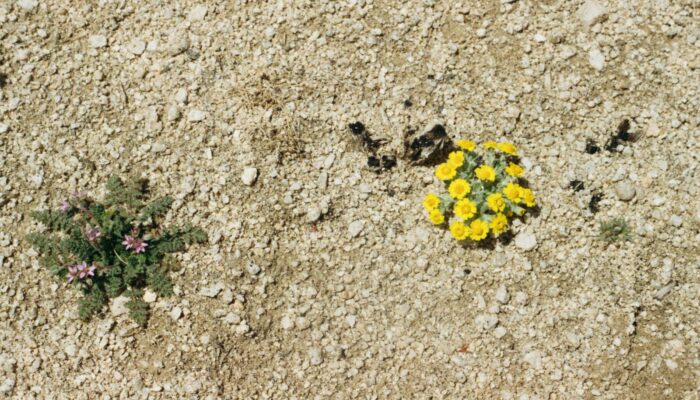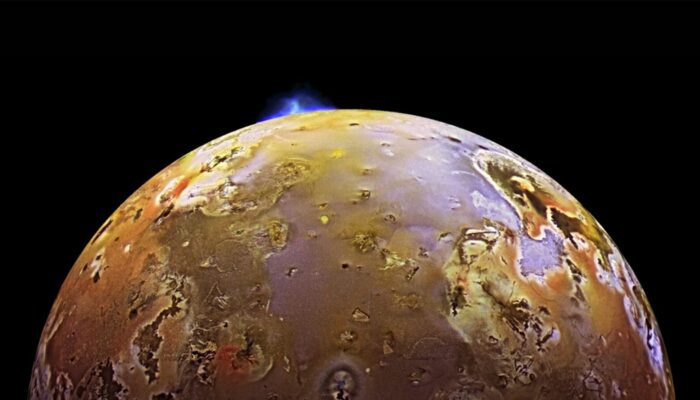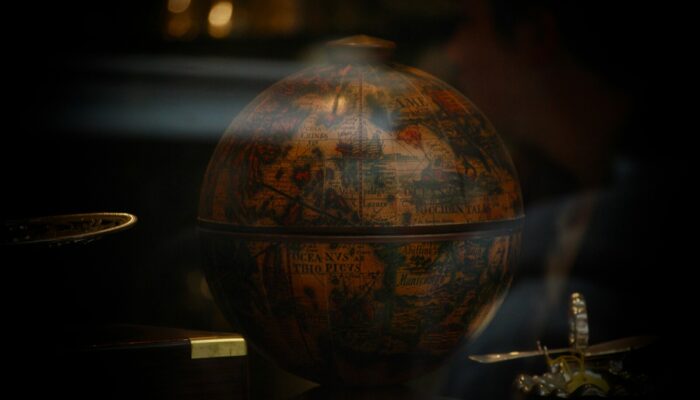Today, 17 December, marks 125 years since the formal announcement of one of the most eccentric, ambitious, and ultimately consequential prizes in the history of science: the Prix Pierre Guzman. Announced by the French Académie des Sciences in December 1900, the award promised 100,000 francs, which is the equivalent of hundreds of thousands of dollars today, to the first person who could successful ...[Read More]
The existential modelling crisis – and how to overcome it

Recently, we had a big name in fire ecology visiting our institute. He had come, among other things, to look for records of a certain fire-adapted shrub in my university’s herbarium. While myself and a colleague helped him go through the stacks of pressed and archived specimens, I asked him why there were so little contributions to the herbarium in recent years. His response was: “People sto ...[Read More]
Io: a spongy world consumed by molten rock
Jupiter’s moon Io is the most volcanically active world in our solar system, with hundreds of volcanoes that constantly erupt on its ever renewing surface. Although Io always points the same side toward Jupiter in its orbit around the gas giant, two other Galilean moons, Europa and Ganymede, pull Io’s orbit into an irregularly elliptical one. Thus, in its widely varying distances from ...[Read More]
Geo-magicians: The mysterious work of understanding our magnetic Earth
There is a force all around us—unseen, unfelt, and yet profoundly influential. It guides the migration of birds across continents, whispers secrets to ancient rocks, and shields us from cosmic storms. This force is as mysterious as it is essential, shaping our world in ways that most of us never think about. Imagine a sailor centuries ago, staring at a compass that always points north. What guides ...[Read More]



